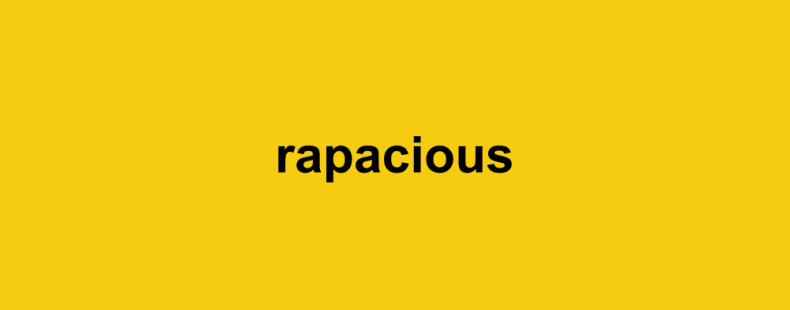There’s nothing like having a good friend to turn to on particularly bad days—maybe your boss wouldn’t get off your case, you dropped a full box of cupcakes all over the floor, or you’re just having a case of the Mondays. But what if your friend is the one causing your Monday gloom?
Unfortunately, we’ve all experienced that toxic person in our lives who has a tendency to squash our spirits and bring their negative energy around us. Fortunately, we have compiled a list of words to describe these friends, so you can identify what’s going on and hopefully find a way to improve it. (And if you need to clear out your friends list, we won’t judge. Friends should spark joy, after all.)
So let’s take a look at the different ways to accurately and appropriately talk about these toxic friends.
























